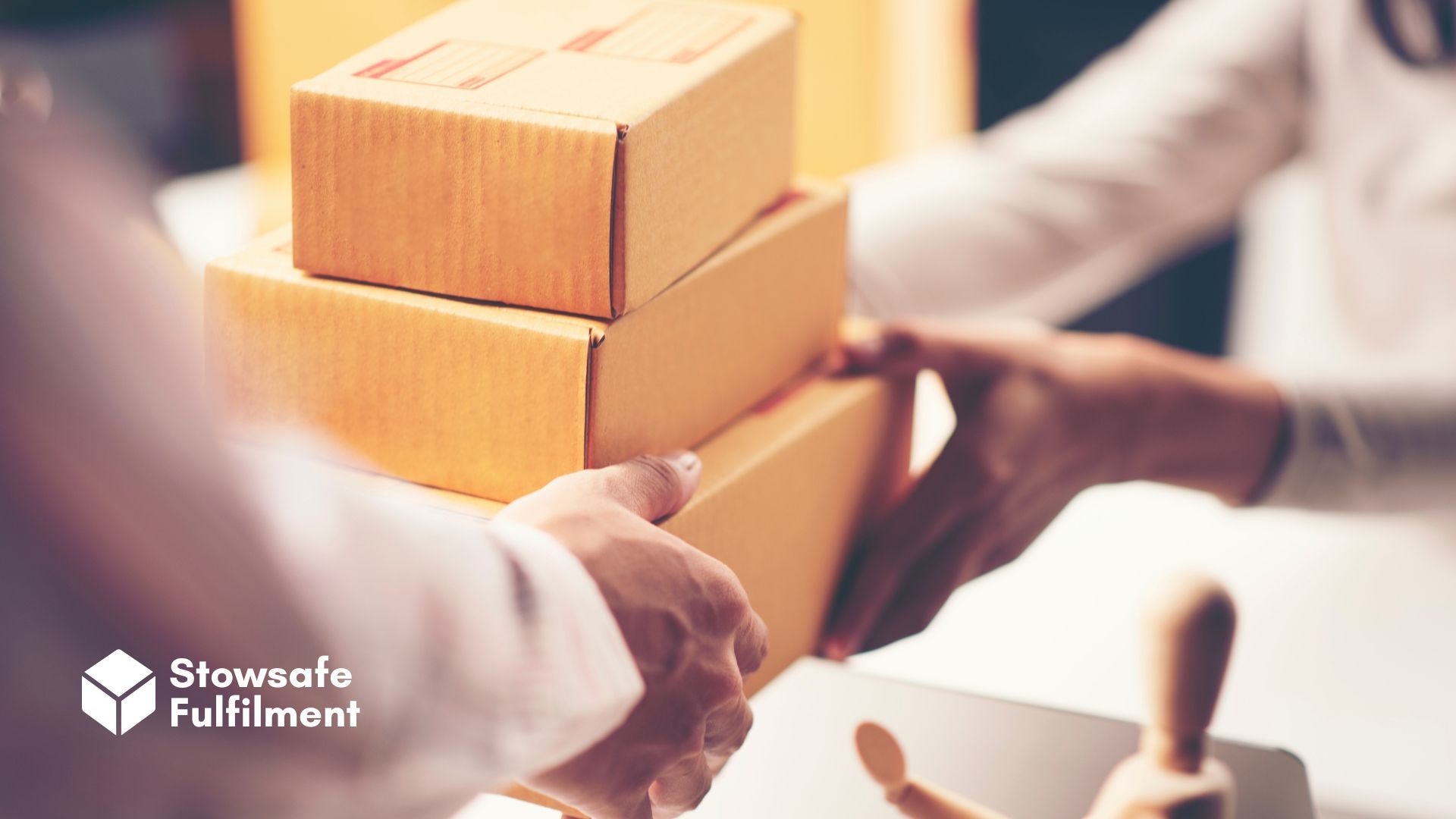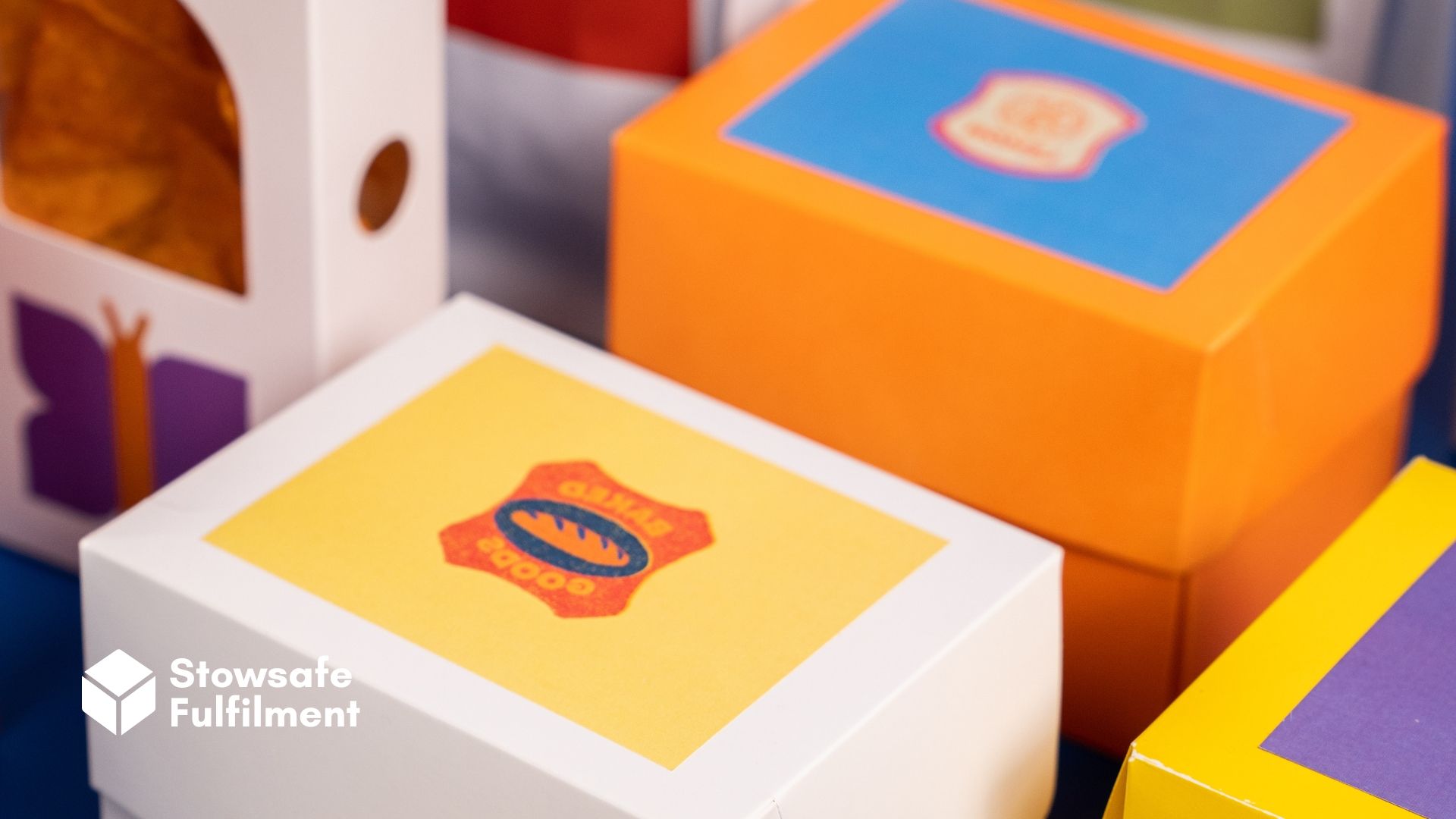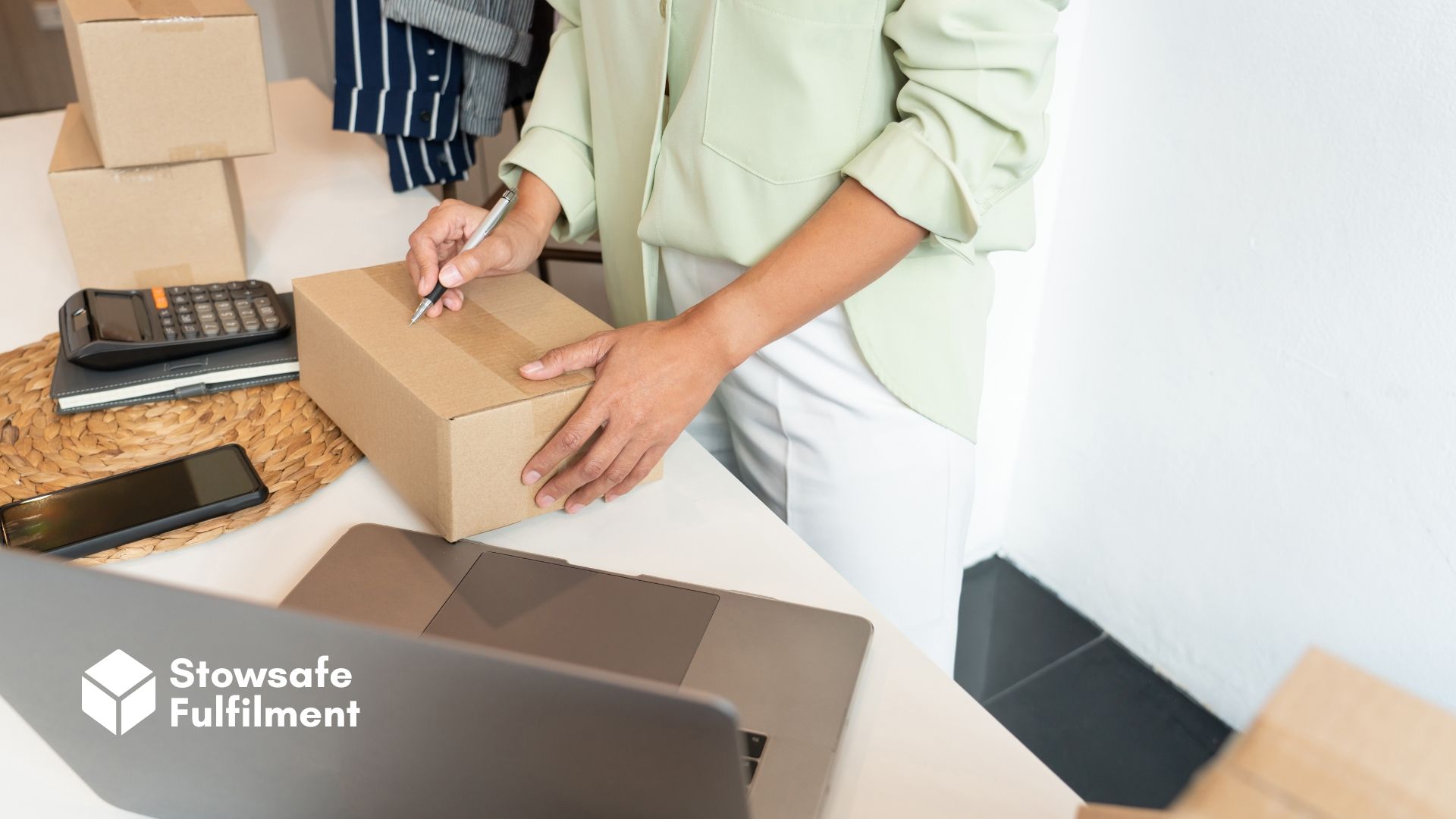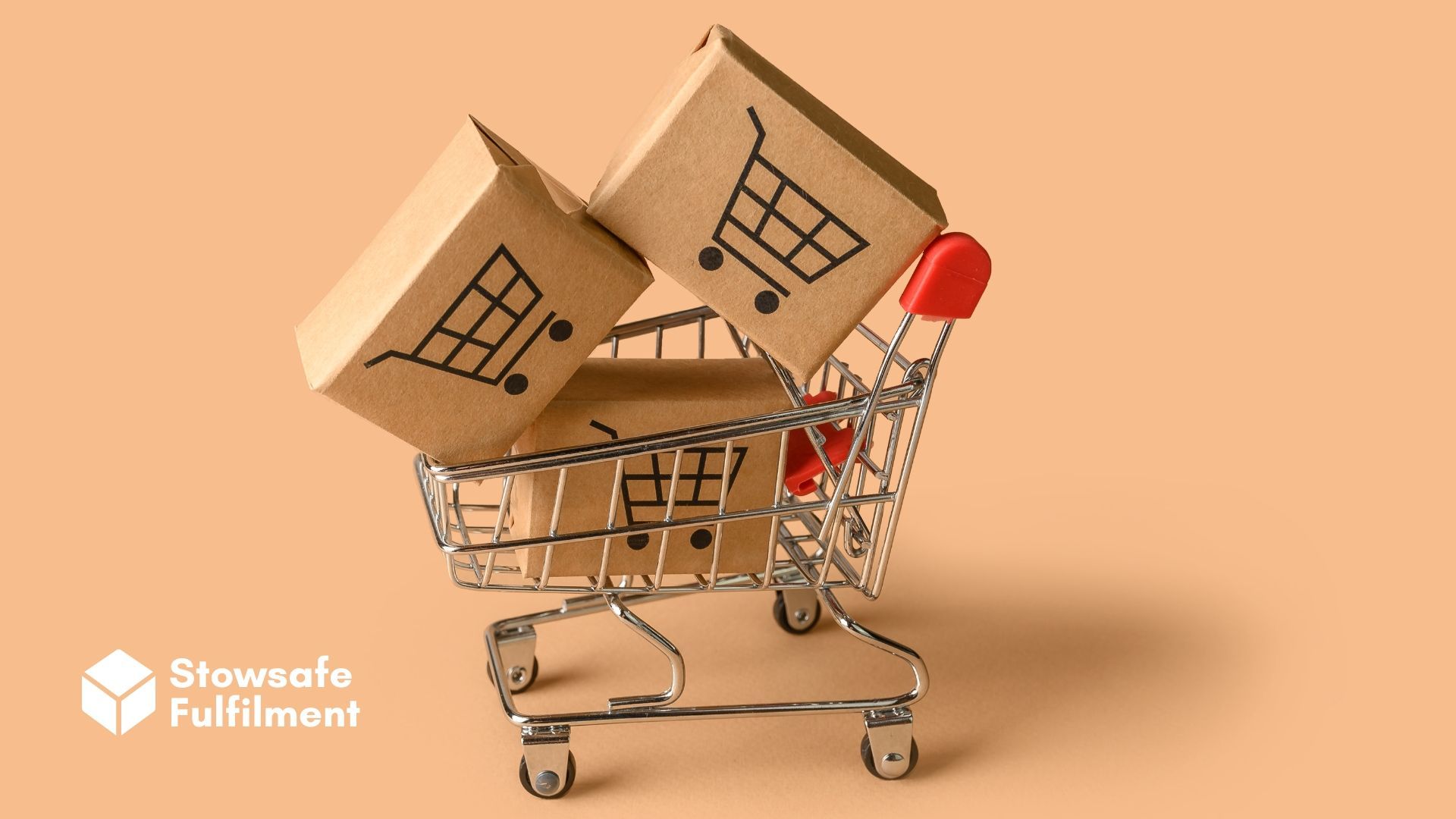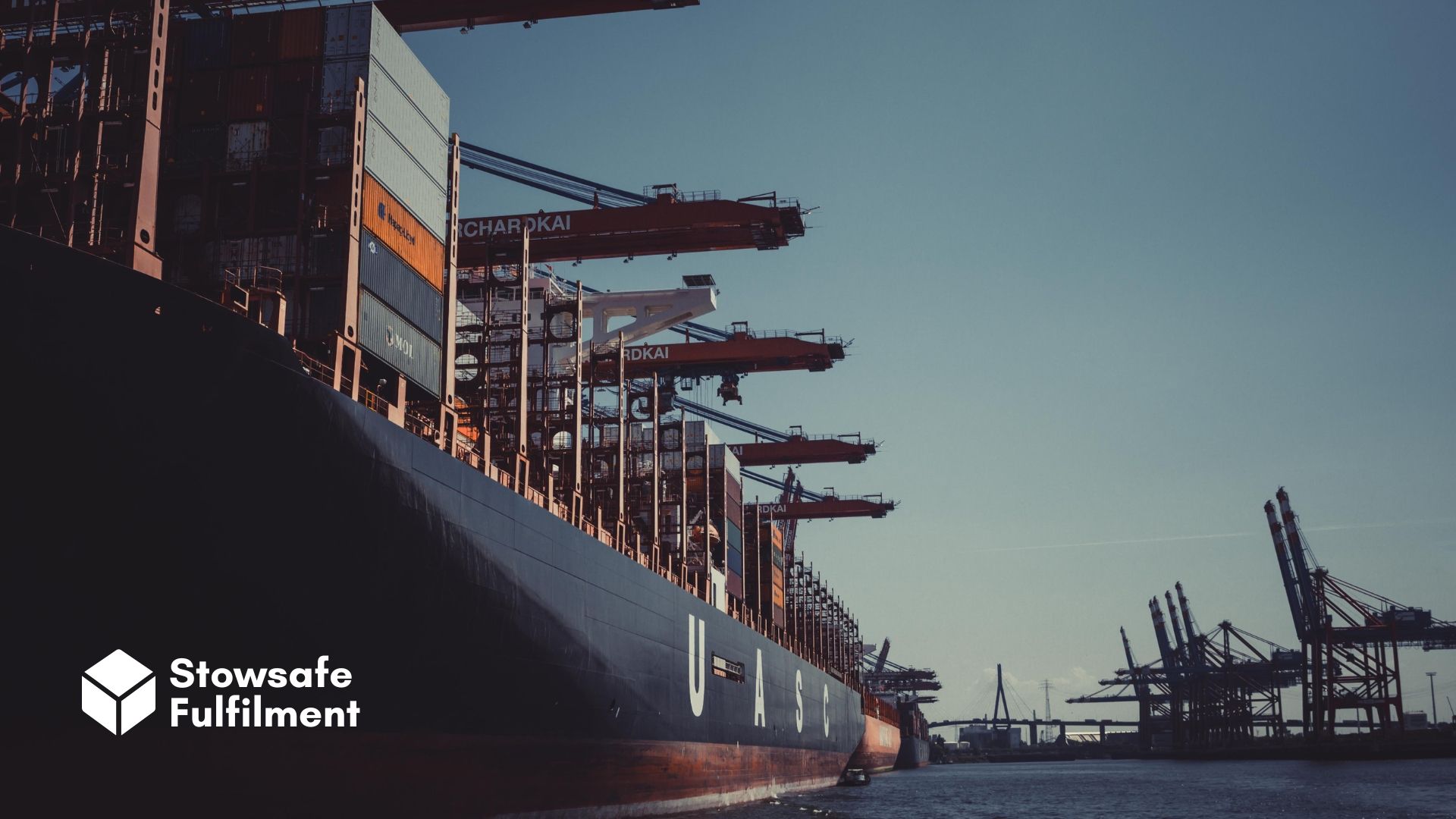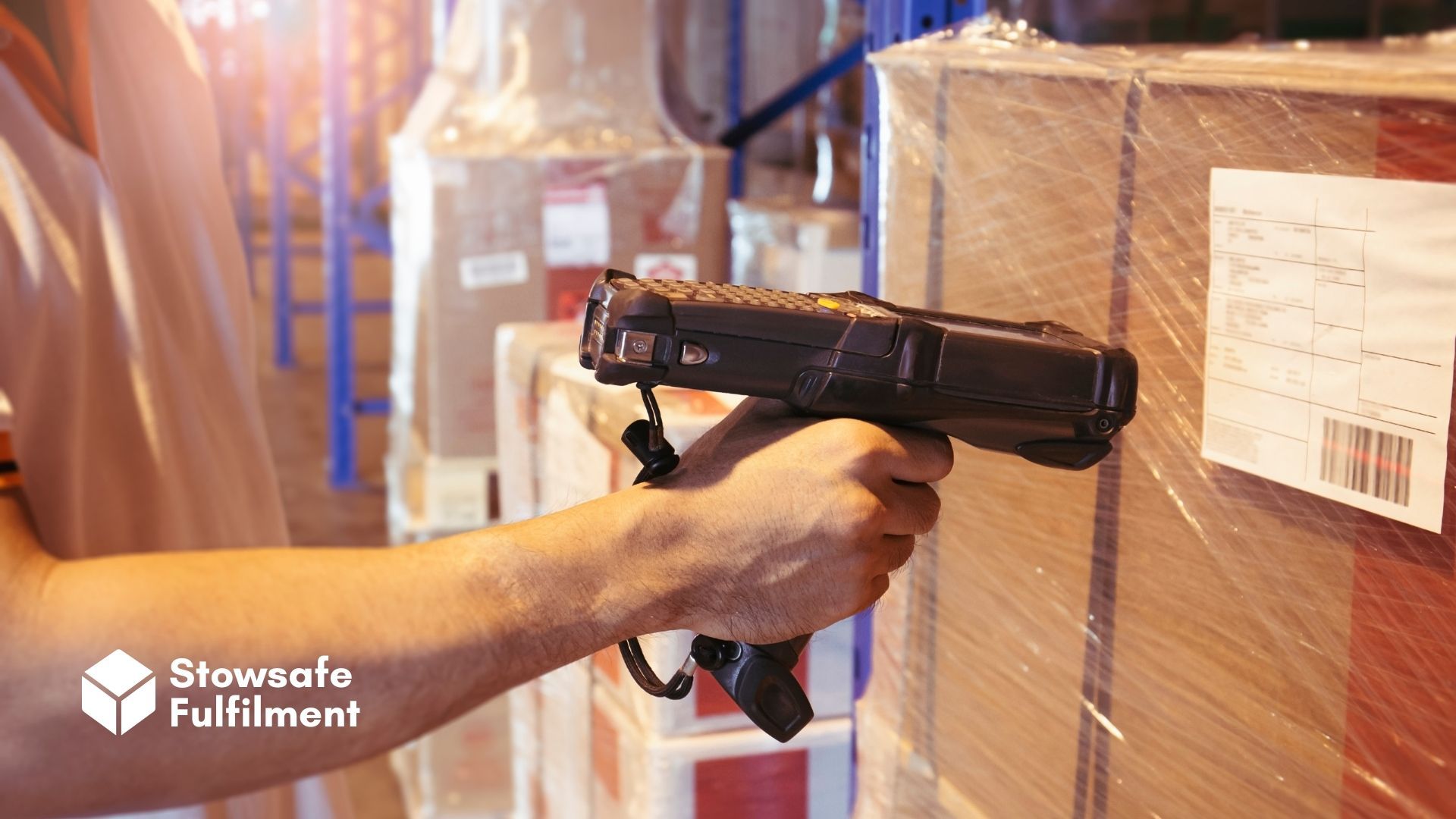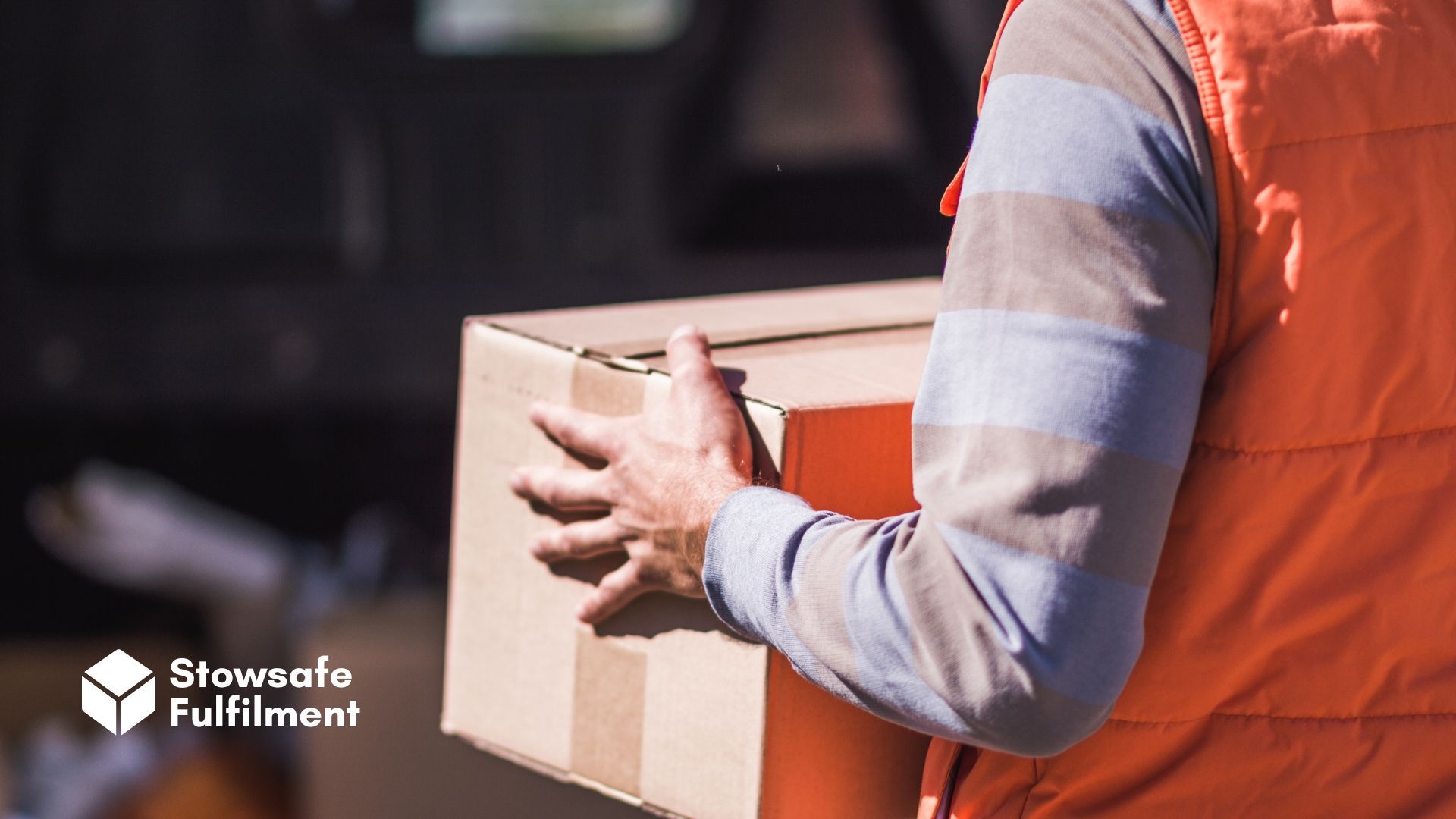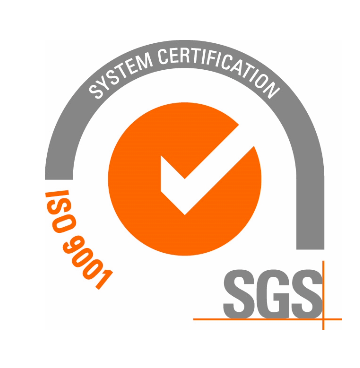New regulations have been introduced for international traders transporting goods to or through the EU by air. Find out how this could affect you.
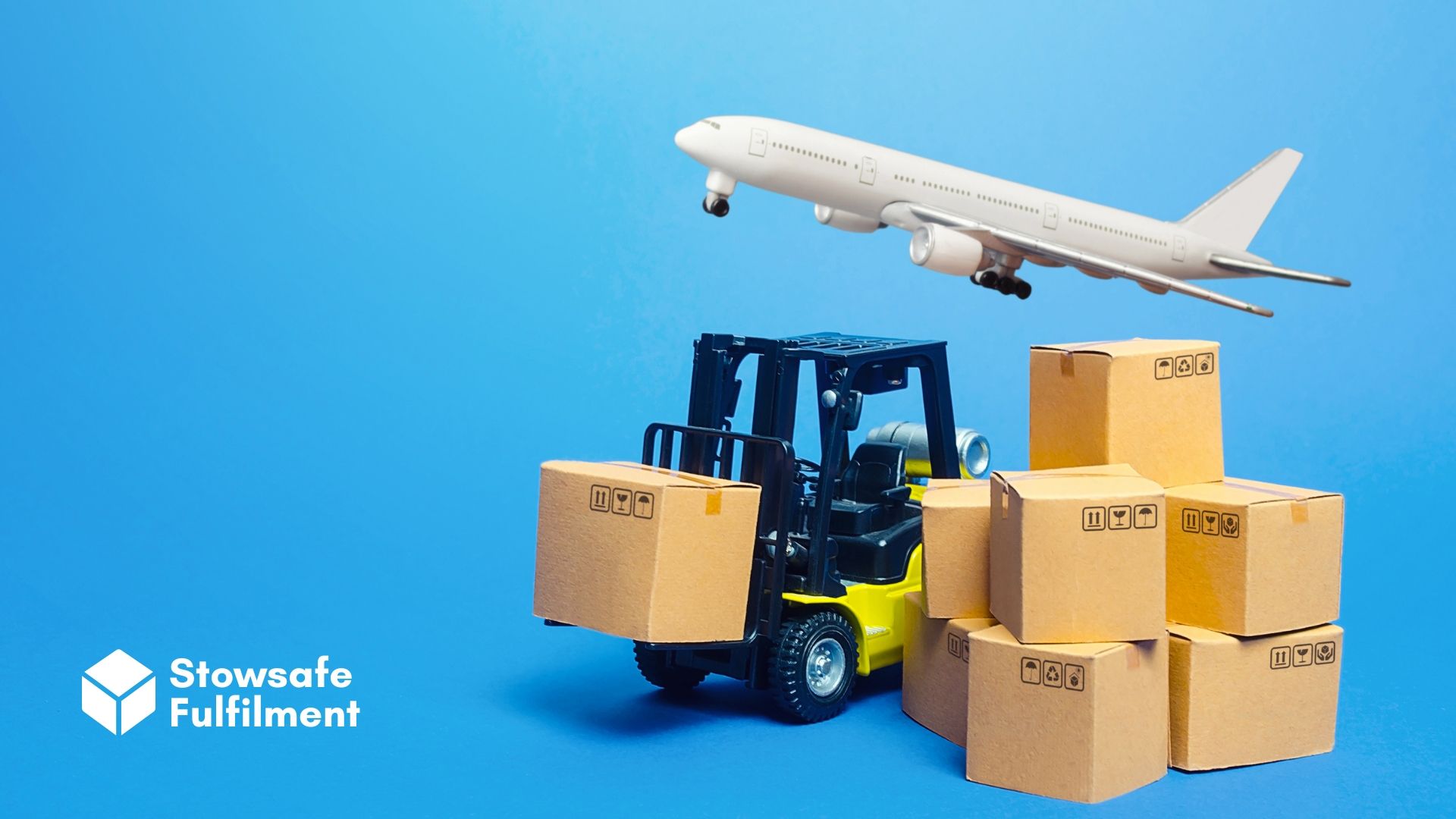
If you're a trader who transports goods to or through the EU by air, you need to get to grips with Import Control System 2 (ICS2).
This is the EU's new security and safety system. It covers the pre-arrival stage of your goods' journey. From 1 March 2023 onwards, you've needed to submit additional information to comply with ICS2.
The regulations aim to increase safety and security at customs and keep trade flowing across the EU's external borders.
From the perspective of international traders and logistics firms, it's essential to keep on top of them to avoid package delays and all the headaches they can cause.
In this article, we'll run you through the new regulations. So without further ado: who does ICS2 apply to?
Who does it apply to?
The new phase of ICS2 applies to air carriers, freight forwarding companies and logistics firms. If you're flying goods to or through the EU, you have to comply with the new customs regulations.
What does it involve?
The new regulations centre on information. You now have to submit data about your goods to EU customs
before loading goods onto an aircraft.
The new information – which will be printed on your commercial invoice – has to include a six-digit "HS code", the consignee's EORI number and a detailed product description.
An HS code is a six-digit Harmonised System commodity code that classifies products. This goes hand-in-hand with the product description – which, as we'll see, has to be detailed.
To get this data to customs, you have two options. The first is to give it to your courier or logistics company. The second is to file it directly to ICS2.
What are harmonised commodity codes (HS codes)?
An HS code is used to classify the product you're shipping. If you're shipping deep-fat fryers, for instance, there'll be a specific code you need to apply. These can be found on the government
website.
The first six digits are standardised – another four can be added to identify country-specific tariffs. All HS codes are created and managed by the World Customs Organisation.
What should the product descriptions contain?
As with a product catalogue or online store, the more detail, the better. "Fine bone china tea set" is better than just "tea set".
FedEx gives the example of putting "men's T-shirts 80% cotton, 20% polyester" rather than simply "clothing".
The point is to identify what's inside your cargo and make the process of getting through customs that bit smoother.
How do tax identifiers work?
Most carriers now require tax information as part of their customs processing. This info will be printed on the commercial invoice and should include the following:
- Taxable entity type
- Tax identifier type
- Value (tax number)
- Issuing country
What else do I need to know?
If you're shipping to the EU from the UK by any means of transport, there are a few other things to keep in mind.
1. Is your EORI up to date?
If you haven't already, you need to update your Economic Operator's Registration and Identification number. Since the UK left the European Union, this code has had to begin with "GB".
Applying for a new EORI is simple – you can do it via the Government Gateway.
Don't get caught out. It will only lead to delays and extra costs at customs.
2. Do you need to register for VAT in the country you're selling to?
If you're shipping goods from Northern Ireland to the EU and you go above the "distance selling threshold", you need to pay VAT in the country or countries you're shipping to.
This doesn't apply to the rest of the UK.
3. Is your shipping policy up to date?
Brexit has meant that shipping to the EU is now subject to higher tax. Are you shipping DDP (delivery duty paid) or DAP (delivery at place)? This will affect your shipping fees.
Both methods have pros and cons – but they're important to take into account to ensure you're not overpaying in this new trading environment.
4. Do you need to start writing commercial invoices?
If you've never exported to countries outside of the EU, you may not have come across a commercial invoice. But now that the UK has left the EU, they're a necessity.
A commercial invoice should include:
- Reason for export (i.e. trade)
- Shipping number
- Incoterms (DAP, DDP or something else?)
- A detailed product description
- Quantity of goods
- HS code
- Declared value of contents
- Insurance costs
- Country of origin
- Weight
What's next for the UK and international trade?
Since Brexit, the UK has been courting trade deals outside of the EU. A new agreement with Australia and New Zealand comes into force at the end of May 2023.
The UK is also expected to join the Comprehensive and Progressive Agreement for Trans-Pacific Partnership in July 2023.
This is a free trade agreement (FTA) between Australia, Brunei Darussalam, Canada, Chile, Japan, Malaysia, Mexico, Peru, New Zealand, Singapore and Vietnam. The UK already has free trade agreements with nine of these countries.
Digital trade agreements have been signed with Singapore and Ukraine and the government is negotiating with India, Canada, Mexico, the Gulf Co-operation Council (GCC) and Israel. Negotiations with the US stagnated at the end of 2020.
How we can help
If you partner with a third-party fulfilment company like us, you'll be spared from most of this red tape.
As well as taking care of your picking, packing and dispatching, our state-of-the-art warehouse management system (WMS) takes care of HS codes and manages product descriptions for every SKU.
This way, you can stay focused on all the other tasks that need doing – and that together, combine to realise your vision.
Looking for a trusted
fulfilment warehouse? Based in the southwest of England, Stowsafe provides pallet storage and order fulfilment for a range of local and national brands.
Get in touch today for a free, no-obligation consultation.
All Rights Reserved | Stowsafe Fulfilment


